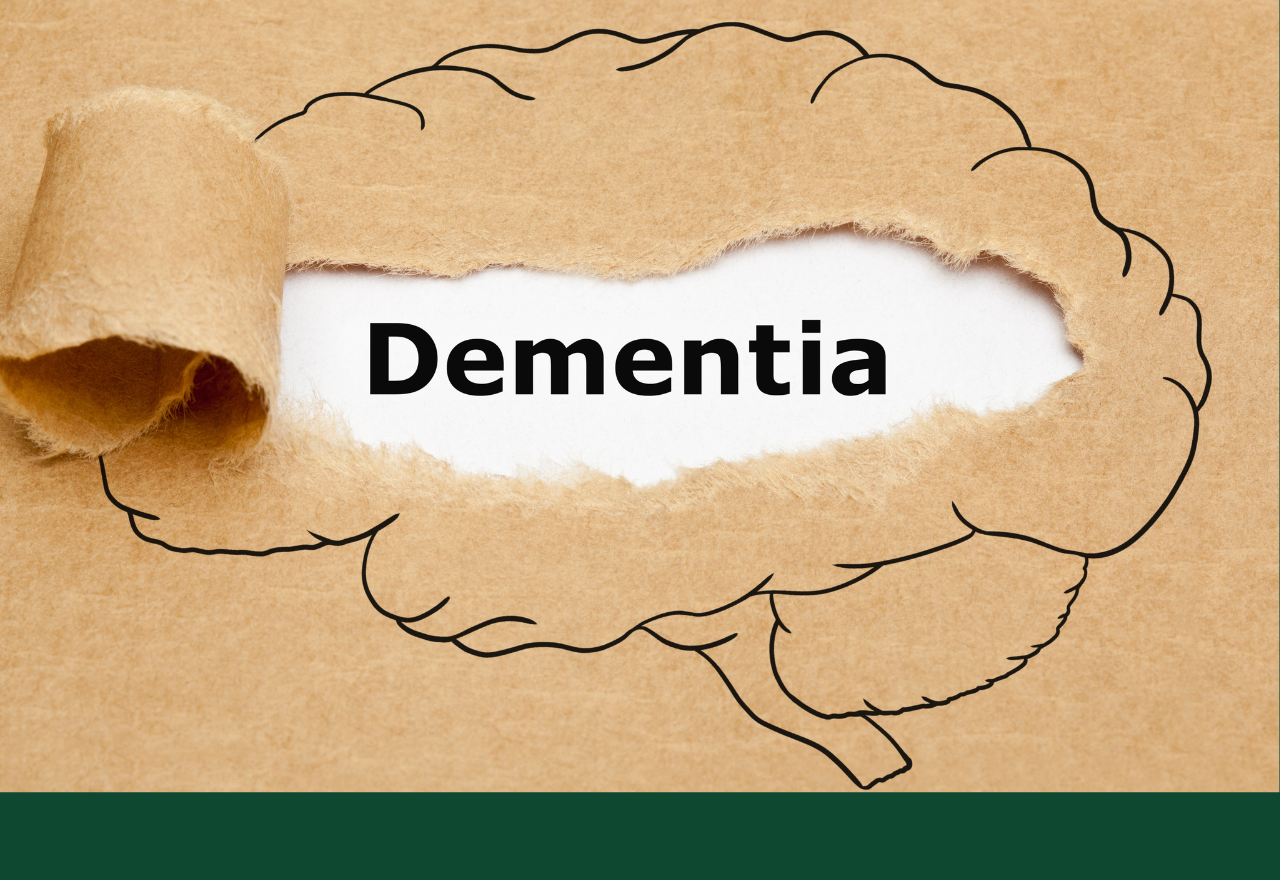Reducing your risk of dementia through lifestyle choices
Kimberly Grabham
17 November 2025, 1:00 AM

Dementia has emerged as the leading cause of death in Australia, according to recent reports from Nine News, emphasising the critical importance of understanding and addressing risk factors for this devastating condition.
While there is no guaranteed way to prevent dementia, adopting a comprehensive approach to health and wellbeing can significantly reduce your risk of developing the condition.
Research shows that making positive lifestyle changes, particularly those that support heart health, can have a powerful protective effect on brain function.
Regular physical activity stands out as one of the most effective preventive measures, with studies indicating it can reduce dementia risk by up to 45 per cent.
Combining exercise with other healthy habits creates a strong foundation for maintaining cognitive health as you age.
Maintaining an active lifestyle forms the cornerstone of dementia prevention.
Physical exercise not only benefits cardiovascular health but also promotes the growth of new brain cells and improves blood flow to the brain.
Alongside regular movement, nutrition plays a vital role in protecting cognitive function.
A brain healthy diet rich in fruits, vegetables, nuts, seeds and fish provides essential nutrients while limiting inflammation.
Conversely, reducing consumption of red and processed meats, sugary beverages and refined grains helps protect both heart and brain health. Smoking cessation and moderating alcohol intake represent critical steps in lowering dementia risk.
Both habits can damage blood vessels and increase the likelihood of strokes, which are closely linked to cognitive decline.
Weight management also contributes to overall brain health by reducing strain on the cardiovascular system and decreasing the risk of conditions like diabetes and hypertension.
Head protection deserves serious attention throughout life.
Traumatic brain injuries, even seemingly minor ones, can increase dementia risk years later.
Simple precautions such as wearing seatbelts while driving, using helmets during cycling or sports activities, and making homes safer by removing trip hazards can prevent injuries that may have lasting cognitive consequences.
Managing chronic health conditions requires ongoing attention and regular medical supervision.
High blood pressure, elevated cholesterol and diabetes all increase dementia risk when left uncontrolled. Working closely with healthcare providers to monitor and manage these conditions through medication, lifestyle changes or both can provide significant protective benefits.
Quality sleep also plays an essential role in brain health, as it allows the brain to consolidate memories and clear out harmful proteins that accumulate during waking hours.
Keeping the mind active and engaged appears to build cognitive reserve, which may help the brain compensate for age related changes.
Activities that challenge thinking skills, such as reading, completing puzzles, learning new languages or developing new hobbies, stimulate different areas of the brain and strengthen neural connections.
The key is to choose activities that are both enjoyable and mentally stimulating.
Social engagement provides equally important benefits for brain health.
Regular interaction with friends and family, participation in group activities, joining clubs or community organisations, and maintaining meaningful relationships all contribute to cognitive resilience.
Social isolation and loneliness have been identified as risk factors for dementia, making it crucial to nurture and maintain social connections throughout life.
Mental health management cannot be overlooked in any comprehensive approach to dementia prevention.
Depression and anxiety are not only distressing conditions in their own right but also represent risk factors for cognitive decline.
Recognising symptoms of mental health struggles and seeking appropriate support through counselling, therapy or medical treatment can protect both emotional wellbeing and long term brain health.
Given dementia's position as Australia's leading cause of death, taking a proactive approach to brain health by addressing these multiple factors simultaneously offers the best chance of reducing risk.
While individual results may vary and some risk factors like genetics cannot be changed, the evidence strongly suggests that lifestyle modifications can make a meaningful difference in maintaining cognitive function throughout the ageing process.
NEWS
SPORT
RURAL
COMMUNITY
EVENTS
FOR SALE
COMMERCIAL PROPERTY














